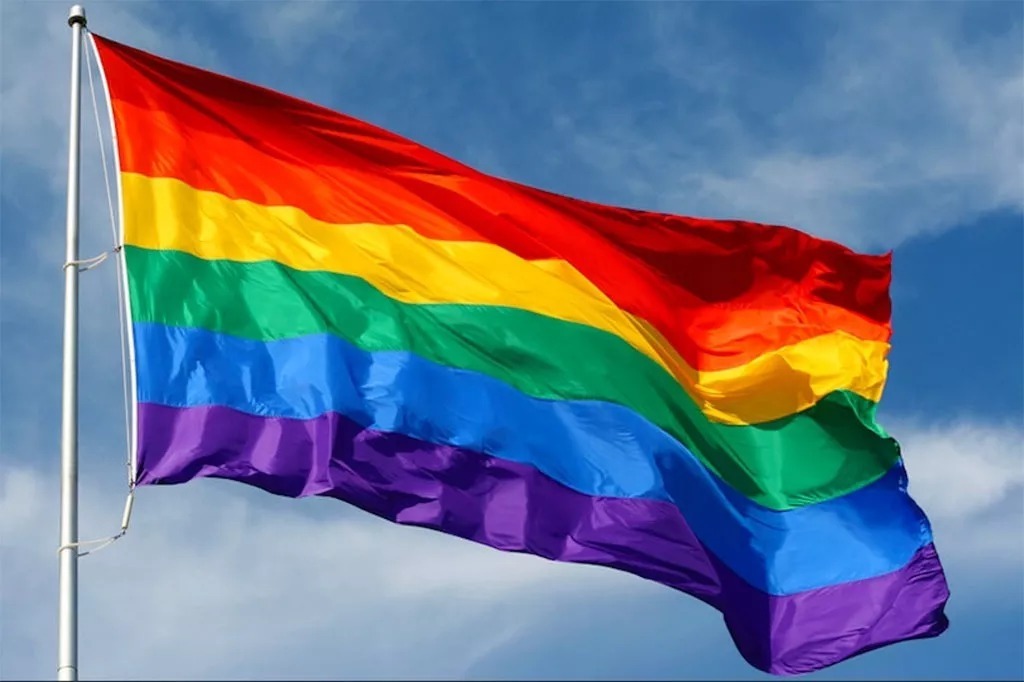The biggest LGBTI survey ever conducted in the Western Balkans region is finally out and they reveal a collective experience of discrimination, harassment, exclusion and violence. The report analyses the responses of more than 2.300 LGBTI persons across seven countries in the Western Balkans region: Albania, Bosnia and Herzegovina, Kosovo, Macedonia and Montenegro as well as two European Union member states Croatia and Slovenia. This is the largest data set ever collected on LGBTI rights in our region.
 The report “Life on the Margins: Survey Results of the Experience of LGBTI people in South Eastern Europe” was published by the World Bank in partnership with IPSOS Strategic Marketing, ERA – LGBTI Equal Rights Association for the Western Balkans and Turkey, and the Williams Institute at UCLA.
The report “Life on the Margins: Survey Results of the Experience of LGBTI people in South Eastern Europe” was published by the World Bank in partnership with IPSOS Strategic Marketing, ERA – LGBTI Equal Rights Association for the Western Balkans and Turkey, and the Williams Institute at UCLA.
The collective experiences of LGBTI people in the countries surveyed paint a distressing picture of the harmful effects of discrimination, harassment, exclusion and violence. One-third (32%) of all respondents (and 54% of transgender respondents) report having been victims of physical violence in the past five years. Of those cases of violence, only 17% have been reported to the police and action was taken against the perpetrator in only 16% of the most serious cases of violence reported to the police. Discrimination, is even more widespread, considering that 92% of respondents report that discrimination based on sexual orientation is common, 90% because a person is transgender and 67% because a person is intersex.
Among the most important recommendations of this reports are to:
- Increase and expand the evidence base: researchers, advocates and policymakers should delve further into the available data to inform interventions in each country.
- The LGBTI data gap remains large, and further research and data collection is necessary to better understand the lived experience of LGBTI people and the challenges they face.
- Work on awareness raising needs to continue: Sensitization and capacity building programs for public servants should be expanded and strengthened. More needs to be done to increase the rights awareness of LGBTI people. The capacities of LGBTI organizations across the region should be strengthened.
- A lot more work needs to be done to close the implementation gap: Governments should use the survey findings to identify implementation gaps related to the EU accession process, especially for Chapter 23: judiciary and fundamental rights and chapter 24: justice, freedom and security.
- Governments should improve the criminal justice response to violence against LGBTI people;
- Safe spaces should be created for LGBTI persons where they can receive services and support.
To read full report follow this link>>>>

